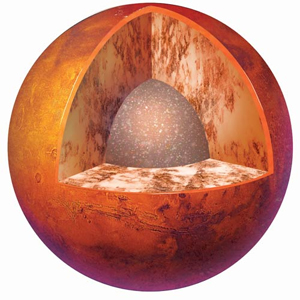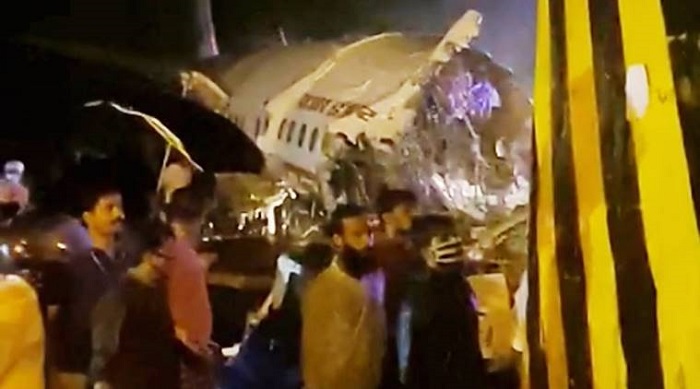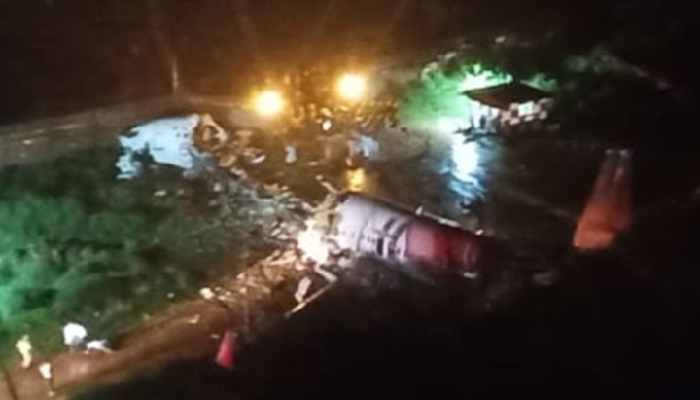 Sriharikota, Nov 6: It was moment of triumph for scientists closely involved in the Mars Orbiter Mission. For KS Shivkumar, director of the Isro Satellite Centre where the spacecraft was built, the placing of the Mars Orbiter spacecraft into the orbit around the Earth was like his baby taking its first steps.
Sriharikota, Nov 6: It was moment of triumph for scientists closely involved in the Mars Orbiter Mission. For KS Shivkumar, director of the Isro Satellite Centre where the spacecraft was built, the placing of the Mars Orbiter spacecraft into the orbit around the Earth was like his baby taking its first steps.
“Our baby is up in space looking for scientific objects but we have a long way to go,” he said.
He said that the spacecraft was realised in a record 15 months. The project team has undertaken all contingency measures to ensure that the spacecraft can take decisions on its own in the event of any issue. He said full scale autonomy has been built into the spacecraft which would take decisions on its own and put it on safe mode without a ground intervention. Developing such a system is a real challenge, he added.
According to AS Kiran Kumar, director of the Space Applications Centre (SAC), Ahmedabad, the real challenge lies ahead. “We will have to raise the orbit from 23,000 km to 40,000 km and then to 2 lakh km. Then in the early hours of December 1, the crucial trans-Mars injection would be carried out to enable the spacecraft to undertake its 300 day journey to the red planet,” he said.
Mission director P Kunhikrishnan said, “With the precise injection of the spacecraft in the desired initial orbit, the crucial part of the mission for its long journey to Mars has been achieved. It is the 25th mission of the PSLV rocket.”
Professor Yashpal, founding father of ISRO, lauded India’s effort to chart its own path by launching the mission and not following others. “There are a whole lot of programmes going on in the Isro and the best part is that you are making your own path and not following anyone else’s,” he said.
Professor UR Rao, who had conducted the feasibility study of the Mars mission, said: “It is indeed a great day for India as something that has gone out of our own cradle. I can proudly say India has become mature. I hope we get very good results.” He added, “I was talking to some scientist friends in the US and they told me why Indians are shouting about Rs.500 crore spent on the mission, it
is the biggest day for the whole of India.”








Comments
Add new comment